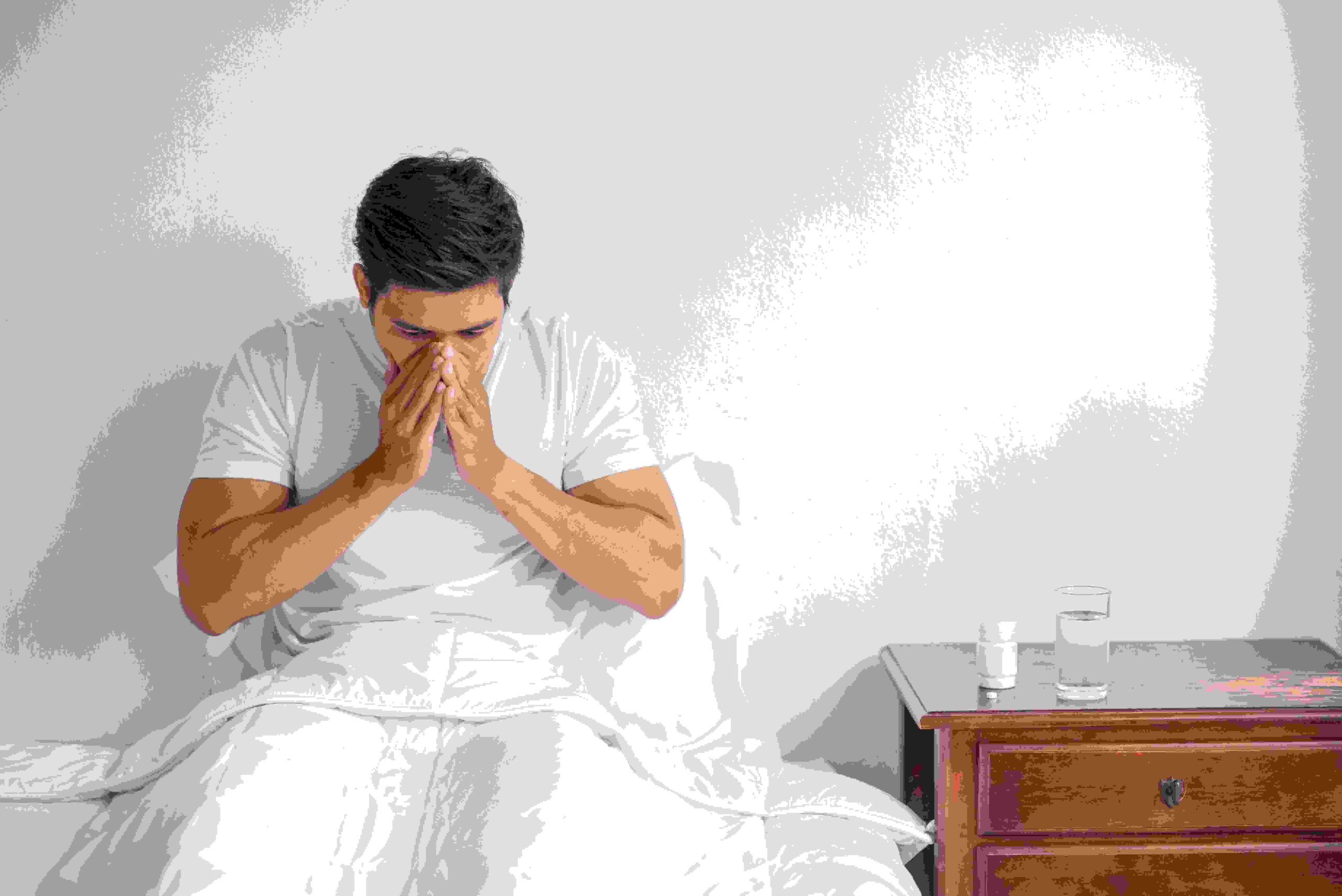Moving to a new country is often a thrilling adventure filled with opportunities for cultural enrichment, professional growth, and personal development. However, expatriates frequently face health challenges that can affect their well-being and overall experience abroad. Understanding why expatriates get sick and learning how to prevent these illnesses are essential steps to ensure a smooth and enjoyable expatriation.
Causes of Illness in Expatriates
Exposure to New Pathogens
When moving to a new country, expatriates are often exposed to diseases and pathogens that are unfamiliar to them. This exposure can be a significant factor in why expatriates get sick.
- Local Diseases: Each region has its own set of prevalent diseases that may not be common in an expatriate’s home country. For instance, if you’re relocating to a tropical region, you might encounter diseases like malaria or dengue fever. These illnesses are spread by insects and are common in areas where such vectors are present.
- Food and Waterborne Illnesses: Differences in food handling practices and water sanitation between countries can lead to gastrointestinal issues. Contaminated food and water can carry bacteria, viruses, and parasites. Travelers’ diarrhea, hepatitis A, and typhoid fever are examples of illnesses that expatriates might face due to these differences.
Climate and Environmental Changes
Adapting to a new climate and environment can pose significant health challenges for expatriates.
- Temperature Extremes: Moving to a country with a drastically different climate can strain your body. Expatriates may struggle with extreme temperatures, whether it’s the scorching heat of desert regions or the biting cold of northern climates. Such conditions can lead to health problems like heatstroke, dehydration, or respiratory issues.
- Air Quality: Air pollution varies from one place to another. Poor air quality can aggravate pre-existing respiratory conditions such as asthma or cause new problems. This can be another reason why expatriates get sick.
Stress and Mental Health
Adapting to a new country involves significant adjustments, which can impact mental health and, consequently, physical health.
- Cultural Adjustment: Navigating a new culture and dealing with language barriers can be stressful. This stress can weaken the immune system, making expatriates more susceptible to illnesses.
- Isolation and Loneliness: Being away from family and friends, coupled with the challenge of forming new social connections, can lead to feelings of isolation and loneliness. These mental health issues can manifest physically, making expatriates more vulnerable to illness.
Vaccination and Health Infrastructure
Insufficient vaccinations and challenges in accessing healthcare can also contribute to health problems for expatriates.
- Inadequate Vaccination: Some expatriates may not have received vaccinations against diseases common in their host country. For example, if moving to a region where certain diseases are endemic, not being vaccinated can be a significant risk.
- Healthcare Access: The quality and accessibility of healthcare services vary greatly. In some countries, expatriates might face difficulties in accessing timely and effective medical care, which can exacerbate health issues.
Lifestyle Changes
Changes in lifestyle due to relocation can also impact health.
- Diet and Exercise: A new diet and changes in physical activity levels can affect health. Expatriates might adopt unhealthy eating habits or find it challenging to maintain their regular exercise routines.
- Alcohol and Substance Use: Increased consumption of alcohol or other substances as a way to cope with stress can lead to health problems.
Preventing Illness: Tips for Expatriates
Pre-Departure Preparation
Taking steps before relocating can significantly reduce the risk of illness.
- Health Check-ups and Vaccinations: Visit a healthcare provider or travel clinic to ensure you’re up-to-date on vaccinations and receive any necessary shots for your destination country. A thorough health check-up can also address any existing health concerns.
- Health Insurance: Secure comprehensive health insurance that covers medical expenses in your host country. This should include emergency evacuation if necessary, ensuring you have access to the care you need.
Research and Planning
Proper research and planning can help you adapt more easily and avoid health issues.
- Learn About Local Health Risks: Understand the common health risks in your new country. Research how to avoid these risks and familiarize yourself with the healthcare facilities available.
- Prepare a Medical Kit: Pack a medical kit with essential items such as prescription medications, over-the-counter medicines for common ailments, and first aid supplies. This will help you manage minor health issues and emergencies.
Adaptation and Lifestyle
Adapting to a new environment involves making lifestyle adjustments to protect your health.
- Healthy Eating and Hydration: Stick to safe food and water practices. Opt for bottled or purified water and consume freshly prepared, well-cooked foods to avoid foodborne illnesses.
- Regular Exercise: Keep up with a regular exercise routine to maintain physical fitness and reduce stress. Explore local options like gyms, parks, or sports clubs to stay active.
Mental Health and Social Support
Maintaining good mental health is essential for overall well-being.
- Build a Support Network: Connect with fellow expatriates, join local clubs or community groups, and stay in touch with family and friends back home. Having a support network can help ease feelings of loneliness and isolation.
- Seek Professional Help: Don’t hesitate to seek help from mental health professionals if you’re struggling with stress, anxiety, or depression. Many organizations offer counseling services for expatriates.
Environmental Precautions
Taking steps to protect yourself from environmental factors can prevent illness.
- Protect Against Insects: In areas where vector-borne diseases are common, use insect repellent, wear protective clothing, and sleep under mosquito nets. This can help prevent diseases like malaria and dengue fever.
- Monitor Air Quality: Regularly check air quality levels and limit outdoor activities on days with high pollution. Consider using air purifiers indoors to maintain good air quality in your living space.
Conclusion
Living abroad offers a wealth of opportunities, but it also comes with its own set of health challenges. By understanding the reasons expatriates get sick and taking proactive steps to prevent illness, you can significantly improve your chances of enjoying a healthy and fulfilling experience in your new country. Preparation, adaptation, and awareness are key. Taking these measures will help you navigate the health challenges of expatriation and make the most of your international adventure.

